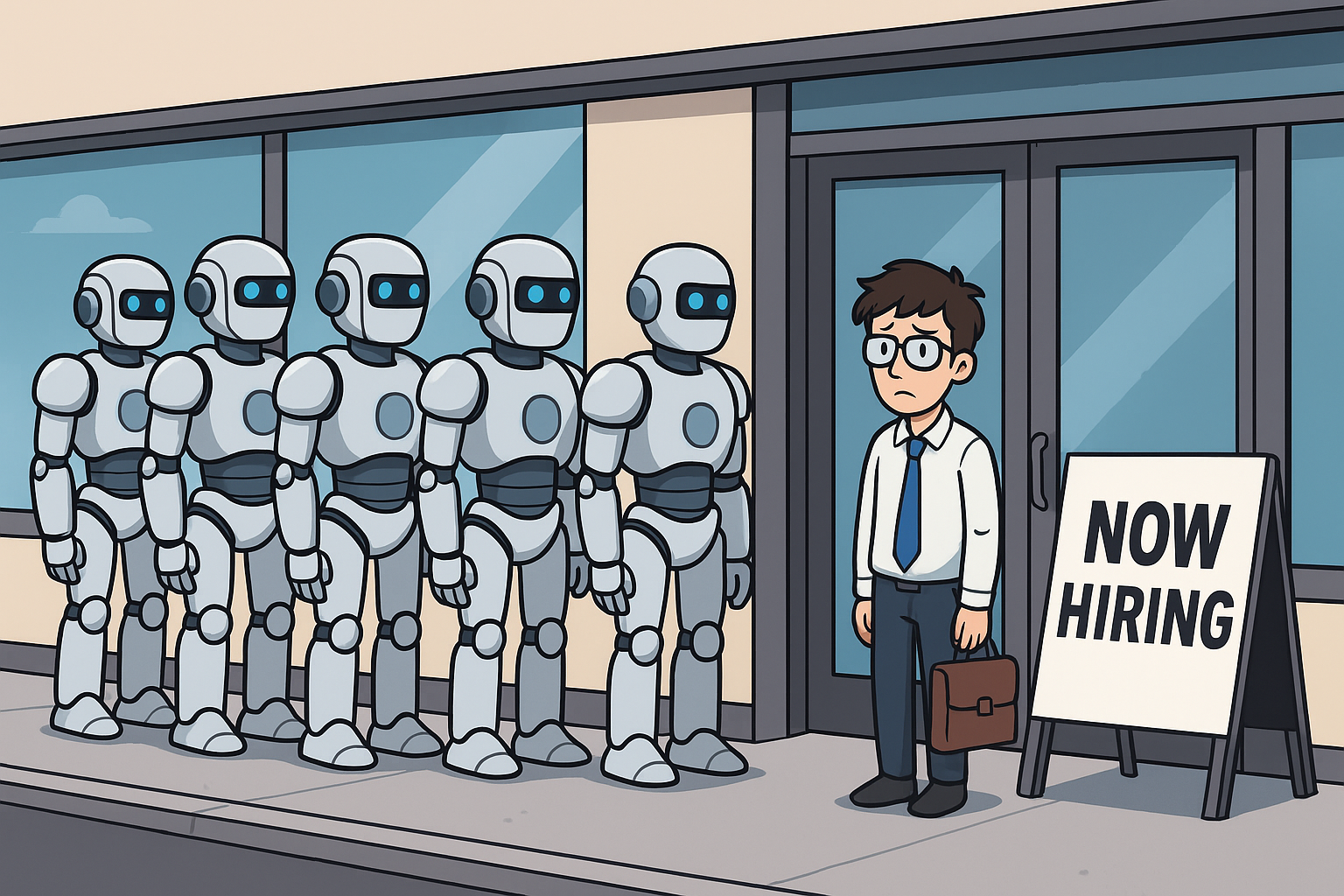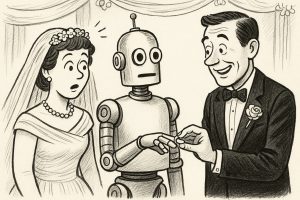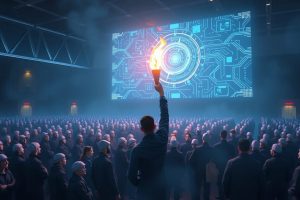
From Layoffs to Liftoff: Preparing Yourself for Work in the AI Era
Artificial intelligence is no longer a side experiment in the workplace. It is becoming central to how companies operate, whether in research, administration, or decision-making. This shift is not just about employers chasing efficiency. It is also about workers recognizing that the expectations of the job market are changing faster than universities or traditional training programs can keep up.
The hard truth is that many roles built on repetitive or predictable tasks are disappearing. Data entry, routine customer service, and basic administrative functions are increasingly handled by software. Even sales and marketing positions are being reshaped as AI automates lead generation and customer outreach. At the same time, roles that rely on human judgment, creativity, and interpersonal skills remain in demand. Healthcare, teaching, and skilled trades are examples where AI may assist but will not replace. New roles are also emerging in areas such as AI integration, compliance, and oversight.
The question every worker should ask is: how do I stay relevant when the ground is shifting? The answer lies in developing new skills that align with this technology-driven economy. Understanding how AI tools work, knowing how to evaluate their output, and being comfortable working with data are quickly becoming baseline expectations. Just as important are the human skills—critical thinking, adaptability, and problem-solving—that machines cannot match.
Preparation cannot be left to employers. Layoffs are a reality, whether from mergers, restructuring, or automation. When that happens, the workers who adapt fastest are the ones who can step back into the market with skills employers recognize as current. That may mean taking online courses, experimenting with AI platforms directly, or building projects that show practical understanding. Resilience is as important as technical knowledge, because careers will now involve multiple transitions.
The future of work will belong to those who approach AI not as a distant concept but as a tool to master today. Workers who invest in learning and adaptability will be positioned to thrive in an economy where automation handles more of the routine, and human contribution is concentrated on leadership, creativity, and strategic decision-making. The responsibility to prepare lies with each individual, and the time to act is now.
This blog article was written by ChatGPT.



